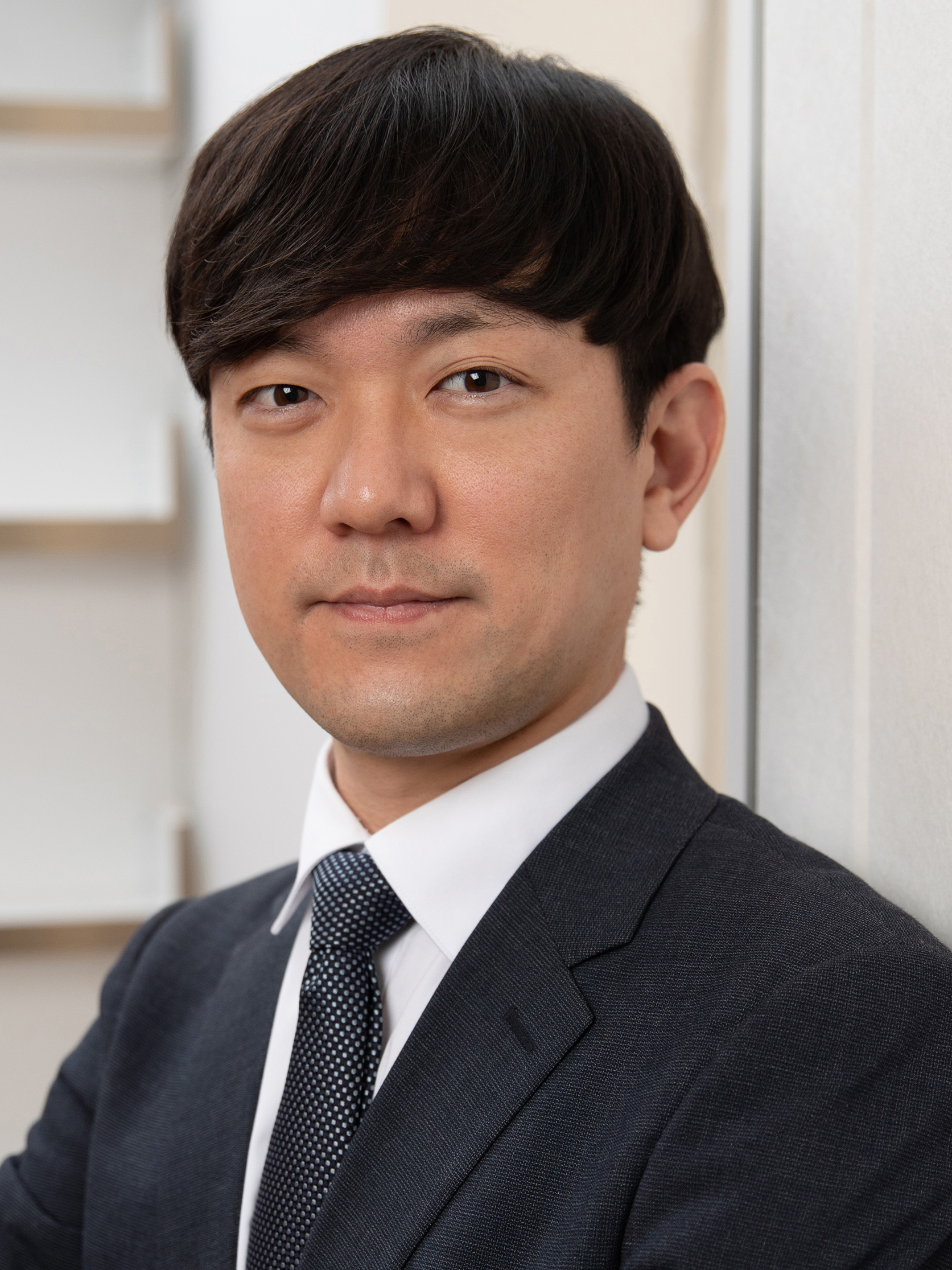When the Yoon administration hosts the third Summit for Democracy in Seoul later this March, it will be a timely reminder to the world of the contrast between South Korea’s vibrant democracy and North Korea’s totalitarian hereditary dictatorship.
Democracy is under threat everywhere, especially in this year of elections, when half of the world’s population will go to the ballot box. Freedom House, an American non-profit organization, reports that global freedom has declined for the 18th consecutive year.
In recent years we have seen the hitherto tacit and opportunistic coordination between non-democratic regimes like China, Russia, North Korea, and Iran become increasingly brazen and systematic. These regimes are helping each other to destabilize their neighbors through disinformation campaigns, political interference, arms transfers, and diplomatic cover.
Democracies are also being undermined from within. A recent joint statement by a network of democratic thought leaders known as the Sunnylands Initiative that I attended stated, the “assault on democratic values around the globe continues unabated, exacerbated by economic instability and injustice that undermine democratic resilience and erode the social fabric of democracy.”
The Biden administration first announced the Summit for Democracy in December 2021 to foster cooperation among the world’s democracies. By volunteering to host the third Summit in Seoul, the Yoon administration is signaling that South Korea is prepared to include democracy promotion and democratic solidarity in its foreign policy.
This is a departure from previous South Korean administrations, both progressive and conservative, who avoided a values-based foreign policy. There were notable exceptions, of course, such as former President Kim Dae-jung’s decision to send a battalion of soldiers to help Timor Leste’s democratic transition despite Seoul’s close ties with Jakarta.
But South Korean leaders, if not the public, have mostly stayed silent when it came to the suppression of democracy and violation of human rights in other countries if it might antagonize powerful authoritarian regimes or trade with non-democratic partners.
South Korean strategic thought is generally assumed to prioritize geopolitical realism over ideological idealism. Economic and military power are considered more vital than normative influence or regime type.
The Yoon administration foreshadowed that it would break from this “timid” tradition of strategic ambiguity prior to its election. At the 2022 Summit for Democracy, it pledged to spend $100 million by the end of its term on democracy promotion, with a particular focus on leveraging South Korea’s advanced technologies.
The Summit also serves another purpose, which is to strengthen South Korea’s alliance with the United States on the basis of shared democratic values, as opposed to just common strategic aims.
The Yoon administration has adopted strategic clarity as part of its efforts to strengthen the ROK-US alliance. It is supporting Ukraine with humanitarian and non-lethal military aid, released an Indo-Pacific strategy, criticized North Korea’s human rights violations, and repaired trilateral cooperation with Japan and the United States. It has also signed up to new U.S.-led partnerships on regional trade, semiconductors, minerals, Pacific Islands cooperation, and more without fear of Chinese intimidation.
Democratic solidarity is the latest addition to this portfolio of alliance cooperation. And so, the Summit for Democracy is both a reflection of South Korea’s commitment to democracy promotion and its commitment to the ROK-U.S. alliance.
But this strategy ultimately depends on the United States also remaining committed to a democracy agenda that privileges shared values over material self-interest. Despite rhetoric to the contrary, periods of intense security competition tend to invite strategic opportunism by even the most principled of states.
The Summit for Democracy is a flagship initiative of President Biden. If Biden is re-elected, the Yoon administration’s efforts will pay strong dividends. But if former President Trump is re-elected, it is unlikely that the Summit for Democracy will continue. Trump has made clear his respect for authoritarian leaders as more capable and effective than what he considers feeble, free-riding democratic governments.
In that case, the Yoon administration may find itself exposed while the United States shifts back to a great power balancing strategy that has little regard for democratic values.
This raises the question of whether South Korea should continue to pursue a values-based foreign policy, even in the event that the United States shirks its responsibilities.
It should. South Korea and other U.S. allies must carry the torch of democratic solidarity, especially if the United States falters come November. That should be the message of the Summit for Democracy in Seoul.
* The view expressed herein was published on March 12 in The Korea Times and does not necessarily reflect the views of The Asan Institute for Policy Studies

 Facebook
Facebook Twitter
Twitter